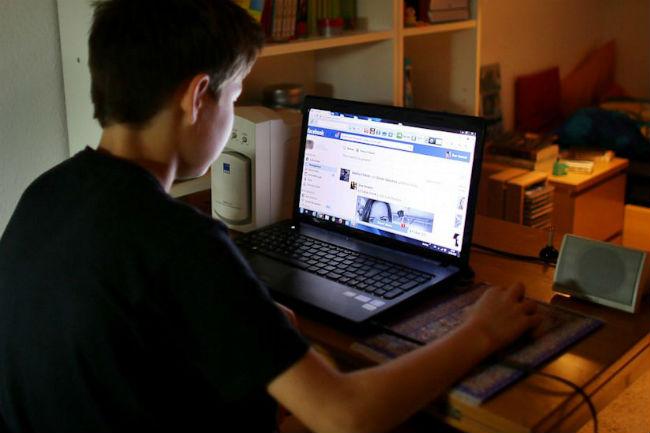
Facebook just made a decision that will likely be a cause of consternation at PTAs all over: The social network now allows teenagers between the ages of 13 and 17 to post publicly.
Before this change, people whose ages were listed under 18 were only allowed to share content with people within their network. This limitation was meant as a safety measure, but Facebook believes teens can figure out what’s good to post publicly themselves. “Teens are among the savviest people using of social media, and whether it comes to civic engagement, activism, or their thoughts on a new movie, they want to be heard,” a Facebook spokesperson said in an announcement on Wednesday.

The default option will remain “Friends,” and if a user under 18 chooses to change it to “Public,” they will receive two messages explaining who can see it.

While this may raise eyebrows for parents of teenagers, it’s easy to list yourself as older than you actually are on Facebook, so teens who really wanted to make public posts were likely already doing so — the age gate is not enforced by any birth certificate checking or ID verification, after all. This change may result in teens posting poorly thought-out content choices for all the world to see instead of just their friends, but they could’ve done that anyways on a variety of other platforms. Twitter has never had an age gate preventing teenagers from posting publicly, and it’s becoming more popular for teens than Facebook. And might I argue that Snapchat, despite its ephemeral scheme, has led to more knowledge of NSFW, NSFL teenage behavior than perhaps any other app. If a teenager is going to post something done publicly, they’ve had plenty of places to – though you could argue giving them another just submits to the problem in lieu of fighting it.
This new policy may be an attempt by Facebook to regain teen loyalty, and give marketers more access to the coveted demographic.
Facebook is on a mission to convince its users to make all of their information public, and this restriction removal is yet another step in that direction. The network recently updated its privacy policy to discontinue a setting that allows users to hide their names and basic information from the Facebook directory, so now all basic users can be looked up. This change isn’t as problematic because it gives teenagers the option to share information in a broad way, but as we mentioned it actually tightens the default privacy settings to “Friends” instead of “Friends of Friends.” That’s likely a move to ameliorate concerned parents, though, rather than an indication in a shift in policy toward more privacy overall. It may be treading lightly with teens, but don’t be fooled: Facebook wants everyone, including young users, to make their posts public.
